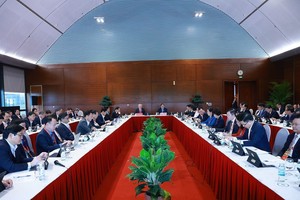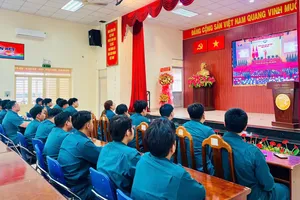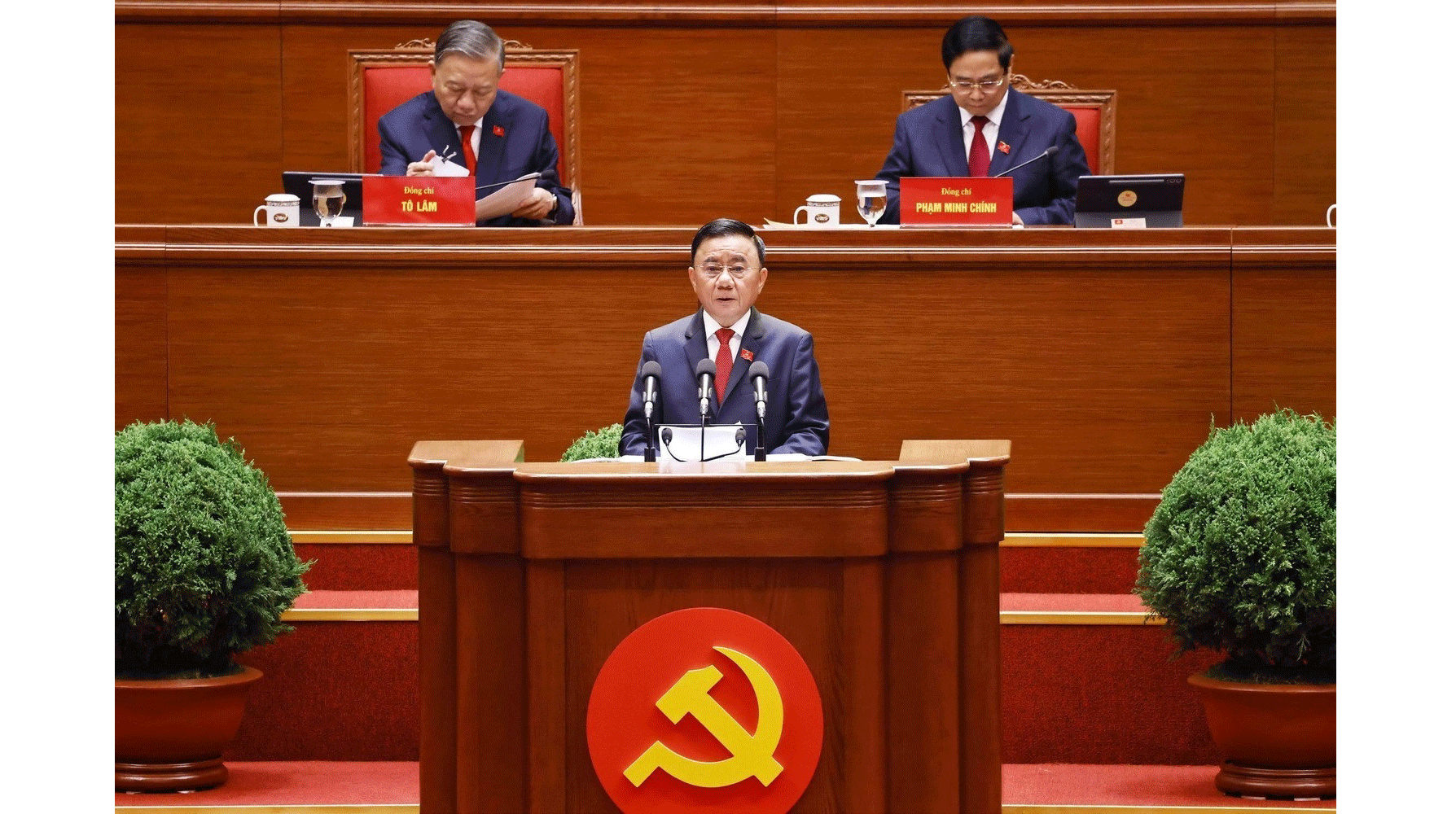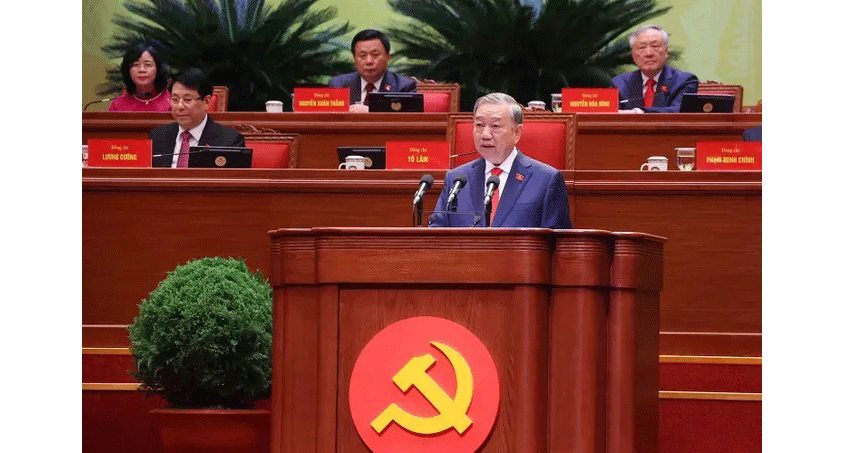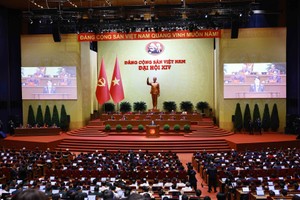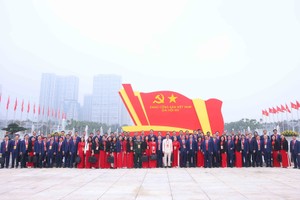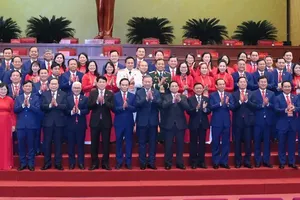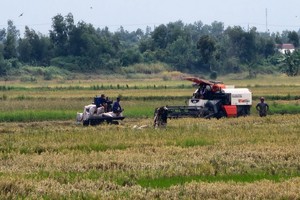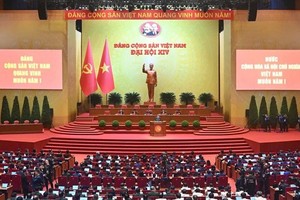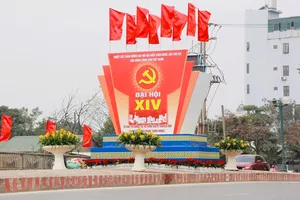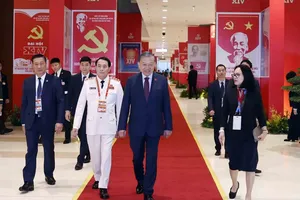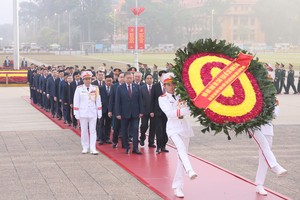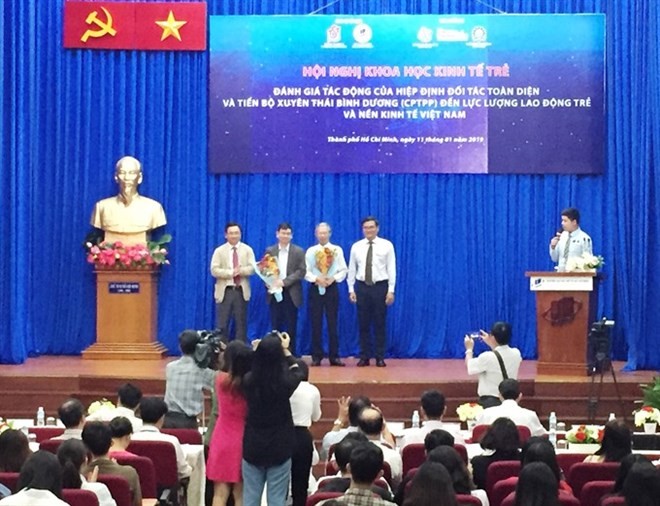
Pham Van Chat, a lawyer with the Vietnam International Arbitration Centre (VIAC), said that human resources in Vietnam had not been trained well enough to meet work requirements in the new economy.
Students, lecturers and professionals from colleges, universities, institutions and agencies in southern cities and provinces attended the conference, which examined the impact of the Comprehensive and Progressive Agreement for Trans-Pacific Partnership (CPTPP), which took effect on January 1.
Vietnam’s labour productivity remains low compared with many members of the CPTPP and ASEAN countries.
The Ministry of Labour, Invalids and Social Affairs has said that only 11 percent of the workforce of nearly 56 million labourers have high-level skills.
Chat noted that Vietnam’s both training and facilities have shortcomings.
“Labourers will be at risk of being replaced by machines and automation if they are not interested in training and developing skills to meet the requirements of the digital era,” he said.
To meet requirements in the 4.0 industrial era, teaching and research need to improve, and creativity and innovation should be emphasised, he said.
“It’s necessary to find solutions to overcome weaknesses in economic development, apply new technology in production, and develop supporting industries,” he said.
Pham Huy Tien from HCM City Open University said that workers with limited knowledge of the labour laws would be at a disadvantage.
Besides having professional and soft skills, knowledge of labour law is also needed. “If not fully understood, young workers and even society as a whole could both be jeopardised,” he said, adding that such knowledge protects labourers’ benefits.
The conference was organised by the Centre for Science and Technology Development for Youth in collaboration with HCM City Open University.
utstanding scientific articles submitted at the conference will be awarded two first prizes, two second prizes, two third prizes and other consolation prizes.
